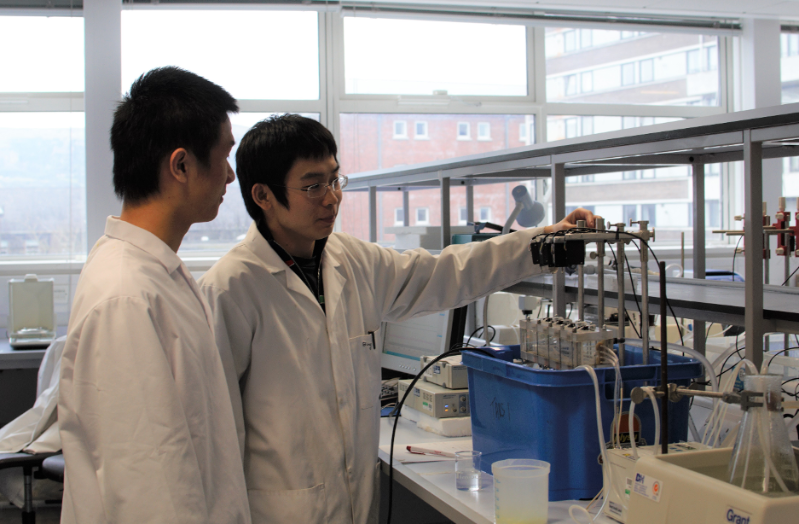MPhil in Pharmaceutical Biotechnology

Nature has proven to be the richest source of drug candidates for the pharmaceutical industry and the neglect of this source over the past 30 years has resulted in a dearth of new drugs for both longstanding and emerging human diseases. The Chinese have perhaps the most advanced and temporally tested system of natural therapies among traditional medicines and therapeutics have been derived from both plants and animals, including amphibians.
This MPhil programme focuses on the vast potential of natural peptide libraries contained in amphibian skin secretions as a source of novel drug candidates for conditions such as hypertension, cancer, obesity, diabetes and drug-resistant bacterial infections. Students entering the programme will be trained in modern analytical and molecular characterisation technologies. Each student will perform an essential study within a major research theme as outlined above.
Should you have any enquiry regarding this programme, please contact Prof Tianbao Chen at t.chen@qub.ac.uk.
